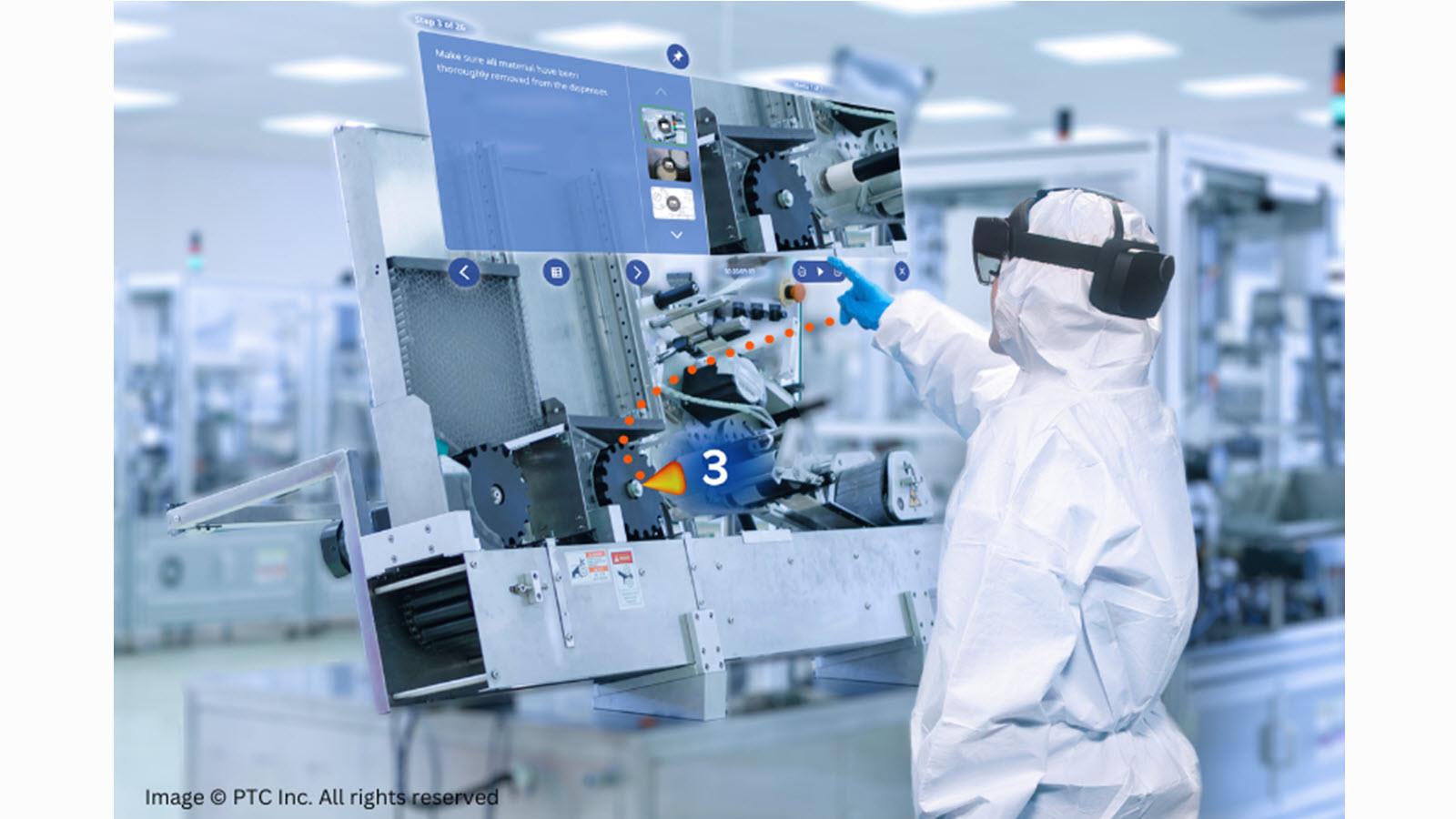Global biotech CSL operates multiple manufacturing sites to produce life-saving medicines and influenza vaccines. And in every location, the company needs sophisticated equipment.
But before receiving a vendor’s equipment, CSL employees conduct “factory acceptance tests,” which typically require five to 10 people to visit the vendor location for one or two weeks and put the equipment through its paces. The pandemic interrupted that inspection work because travel was near impossible. Vendors limited the number of visitors allowed on site so CSL had to reduce the number of people who attended the testing in person while still maintaining the required level of testing.
Existing options for remote testing fell short. A stationary camera couldn’t give remote inspectors what they needed to fully assess the equipment. Plus, communication was less than ideal between the remote viewers and on-site testers. Searching for a solution, the Industry 4.0 Team, led by Jay Flahive and Neeraj Vyas, began collaborating with the Commission & Qualification Centre of Excellence (C&Q CoE), led by Ryan Dexter. The answer was smart glasses, said C&Q CoE Paperless Validation Lead, Sai Tadiboina.
In spring 2022, Dexter wore the smart glasses for CSL Behring’s first remote inspection at a vendor’s location in Bologna, Italy, over the course of two weeks. A dedicated line vial filler was manufactured there and will ultimately be installed at a CSL strategic partner’s location in North Carolina. The smart glasses inspection was a success.
Dexter, the commissioning and qualification lead, was in Bologna while supporting team members from CSL Behring, as well as the local vendor and strategic partner representatives were present remotely. He was able to walk around and give viewers a first-person perspective during the test. Those watching from afar could ask questions and be a part of conversations in the room. The remote testing was so successful, the C&Q CoE plans to expand use of smart glasses for remote consultations with experts; for training purposes; and to troubleshoot equipment issues.
“The use of smart glasses was initially seen as a short-term solution to overcome the restrictions of COVID-19. However, once the implementation and proof of concept was experienced by the project team and wider audience, the use of smart glasses has become a cornerstone of how CSL initiates projects to ensure the most robust and efficient approach is used to support a global business,” Dexter said.
As an added bonus, the smart glasses record a video that can be accessed later and viewed by anyone who can’t watch in real time.
Watch video footage of the test, assisted by smart glasses technology.



